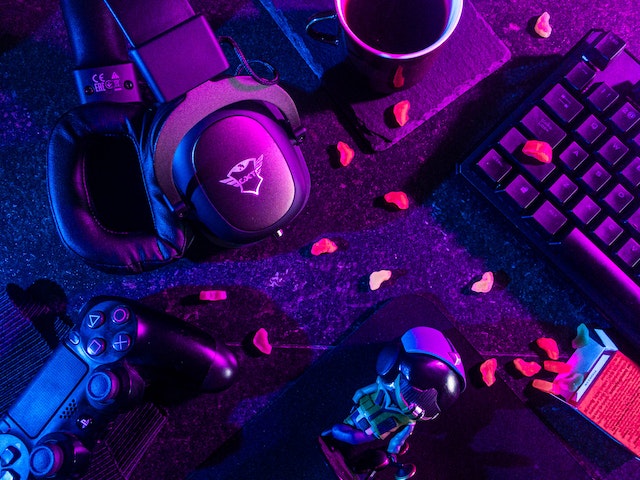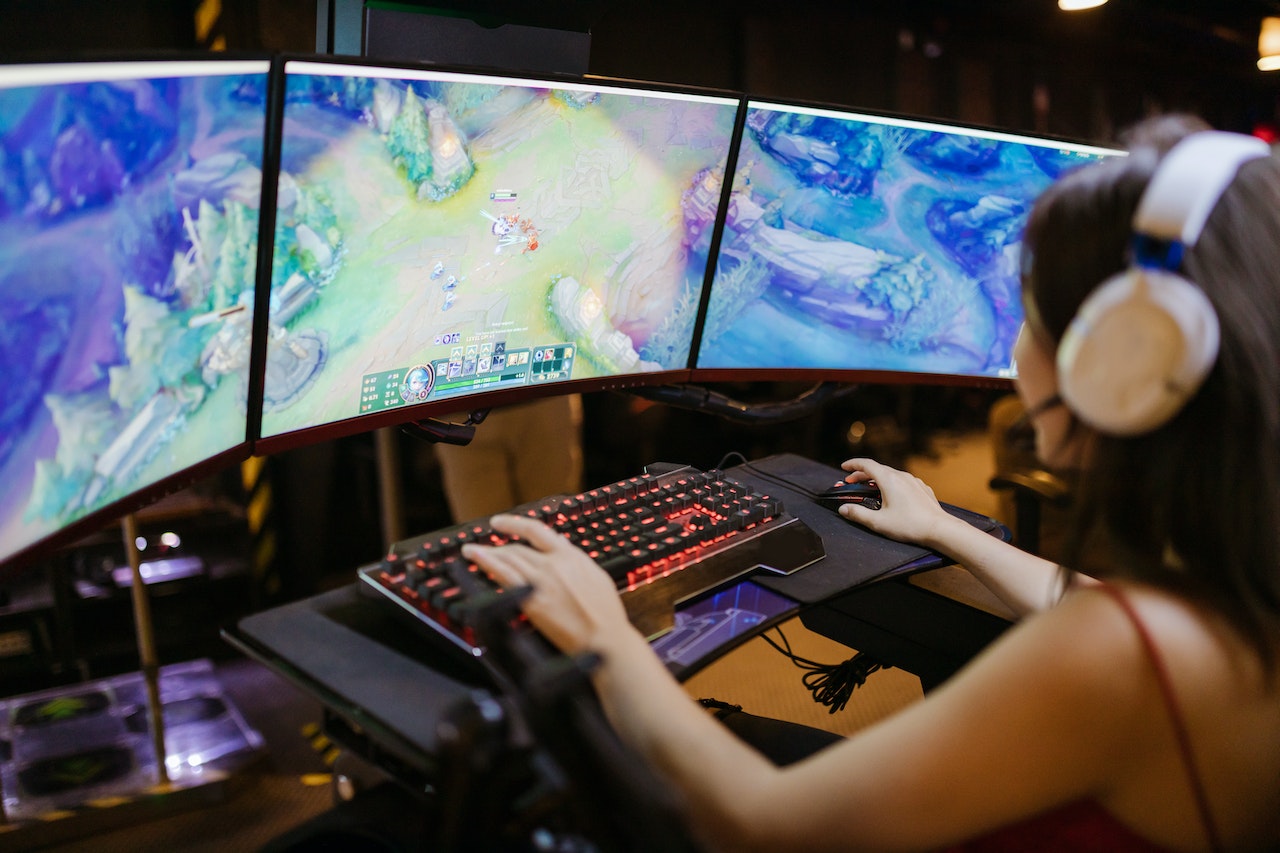
As the video gaming industry continues to expand and dominate the entertainment world, the issue of intellectual property and copyright has become more critical than ever. In this article, we will explore the complex landscape of the video gaming industry's legal framework and how it handles intellectual property and copyright issues.
Understanding Intellectual Property and Copyright
Intellectual property (IP) is an umbrella term that encompasses various types of intangible property, such as patents, trademarks, copyrights, and trade secrets. Copyright, on the other hand, is a type of IP that protects original works of authorship, such as literary, artistic, and musical creations.
In the video gaming industry, copyrights protect video games' software code, artwork, sound effects, and music. Trademarks protect the games' names, logos, and characters. Patents protect new technologies and methods used in video games.
As the video gaming industry continues to expand and dominate the entertainment world, the issue of intellectual property and copyright has become more critical than ever. In this article, we will explore the complex landscape of the video gaming industry's legal framework and how it handles intellectual property and copyright issues.
Understanding Intellectual Property and Copyright
Intellectual property (IP) is an umbrella term that encompasses various types of intangible property, such as patents, trademarks, copyrights, and trade secrets. Copyright, on the other hand, is a type of IP that protects original works of authorship, such as literary, artistic, and musical creations.
In the video gaming industry, copyrights protect video games' software code, artwork, sound effects, and music. Trademarks protect the games' names, logos, and characters. Patents protect new technologies and methods used in video games.













